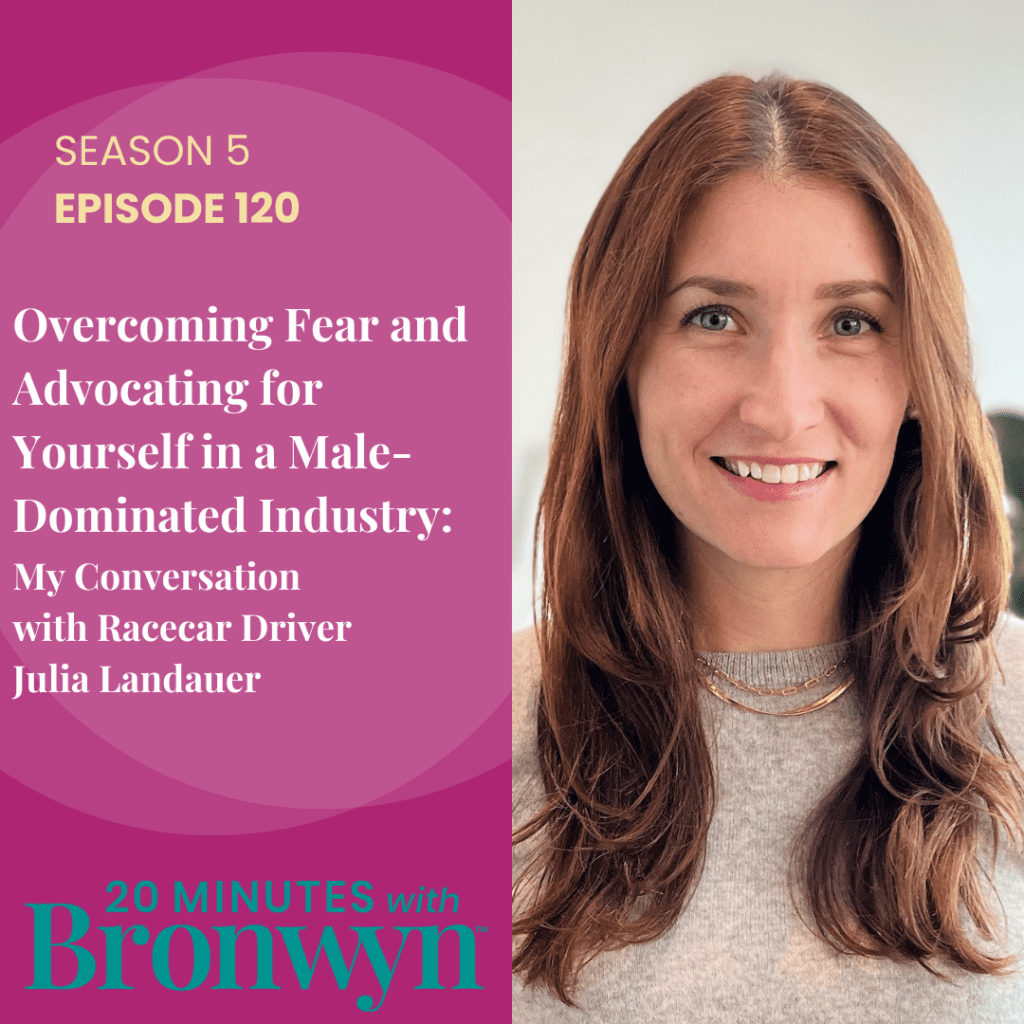For a culture as obsessed with achievement as ours is, you’d think we’d be really good at processing and internalizing our successes along the way.
I’m here to tell you otherwise: We —at least here in the U.S.—are gawd awful at processing our successes. I see it all the time in my work with extremely high achievers—men and women alike. They are at the top of their game professionally, but struggle to stand up in front of an audience and speak their truth from a place of authenticity, energy and conviction. There are many, many different reasons for these onstage insecurities, but a key explanation can be boiled down to two words:

Imposter Syndrome.
The term describes a phenomena first documented by clinical psychologists Pauline R. Clance and Suzanne A. Imes in their 1978 journal article “The Imposter Phenomenon in High Achieving Women,” based on their work with 150 highly successful women. These were women who, despite having earned doctoral degrees, high scores on standardized tests, and praise from professional colleagues, still felt that they were undeserving.
Who among us hasn’t had that lousy feeling that we are just about to be “found out” and kicked off the planet? The Imposter Syndrome is that nagging inner voice that says: if anyone really knew who and what I am, they would fire me or unfriend me or divorce me or… you get the drift.
What struck me when I read about the imposter syndrome initially wasn’t the familiarity of the feeling, or the near ubiquity of this feeling in the clients I work with. What struck me was the researchers found that external evidence of their successes didn’t seem to matter.
In fact, the doctors Clance and Imes found that the women they studied “do not experience an internal sense of success.”
Imposter Syndrome is an inability to internalize our accomplishments. We run from one accomplishment to another, breathless and dismissing any success we have as luck, or the kindness of strangers, or the blessing of being born at the right time and in the right country, or we think it’s due to our privilege, or due to our minority status, or…. Rarely are we able to truly honor our hard work, our creativity, and our ability to move past our fears. Many of us are all about owning our failures and taking responsibility when we’ve messed up, but owning our wins? That’s something else entirely.
In fact, for many of us just the thought of celebrating our own win feels selfish, egotistical, and for the more superstitious among us—fear that it could bring bad luck if we get too full of ourselves.
But here’s the rub: if you don’t find a way to internalize your wins, the imposter syndrome will wreak havoc on your ability to communicate with the people around you. Feeling like a fraud does not allow you to shine. In fact, thinking that you are a fraud can cause feelings of dread, self-loathing, and terror, especially if you have to get up in front of the room or appear on camera.
Micro-Celebrations
As I was writing this blog post, I took a break and ran to Home Depot to buy boxes so we could move out of our house while it is being remodelled. Now, while this errand may seem like a fairly mundane suburban jam, for me it was riddled with land mines.
First of all, Home Depot intimidates me. I feel like I don’t belong. I feel like the minute I walk in there, the employees snicker to each other like, “what the hell is she doing here??” I may be absolutely steadfast in my self-confidence as a communication coach, but hand me a drill or hammer, and I become riddled with self-doubt, and begin immediately scanning the horizon for someone else to do the job.
Second of all, I hate moving. At the very core of my being, I hate moving. I once counted the times my family moved me during my childhood, and I think I moved 20 times by age 23. Moving makes me feel out of control, terrified, helpless and hopeless.
So as I faced that Home Depot, I gave myself a few, simple goals. 1) You will stay present and get exactly 20 boxes. No more, no less. 2) You will not become 9 years old again. You are a grown-ass woman. And you are choosing to move out temporarily so you can make your house more awesome.
Goals in mind, I marched into that Home Depot, grabbed myself a big flat cart to handle my boxes (which I have to admit, made me feel kinda badass in and of itself. A flat cart means business), and I asked the first person I saw where to find the boxes. As I was heading down the boxes aisle, Aretha Franklin and George Michael were singing Knew You Were Waiting For Me. Before I knew it, I was singing with them, and noticed that a young Home Depot employee rocking his orange apron just a few feet away was also singing. We had a moment of mutual appreciation, laughed at each other’s knowledge of the song lyrics, and soon my heart was bursting with unicorns and glitter.
On the way out, I passed the hot dog stand that seems to be a standard feature of Home Depot, which reminded me of my friend Sara who, while pregnant, used to make her husband Tony drive her to Home Depot to get her two hot dogs, day or night. This of course made me laugh too.
Once I got back into the car, boxes snugly packed and ready for action, I decided that my Home Depot adventure was a win worth celebrating. I told myself, out loud, “B! You did so good!! You found a musical friend at Home Depot and you laughed out loud thinking about Sara and her manic hot dog phase of pregnancy! I’d call that a huge win!” Did I care that the person in the car next to me thought I was a lunatic talking to myself outloud in an empty car? NOPE. I was too busy creating a whole new relationship to Home Depot and to moving out of my home. That new relationship is called, “It’s all good and don’t take everything so damned seriously.”
And I took that joyful energy into every other interaction I had that day.
The energy that is created inside of us when we internalize our wins—both large and small—affects everything we say, and how we say it.
Imagine how powerful this exercise becomes when you use it to celebrate something truly remarkable in your life. Imagine how you would communicate and behave if you really owned your accomplishments?
Contrast that with the Imposter Syndrome approach to life. Ignore your successes, give everyone else the credit, attribute your wins to luck, planetary alignment, and privilege (or lack thereof). Play it way below the radar. Where does this lead? It leads to self-doubt and an inability to see ourselves for who we really are: powerful beings doing our best every single day in ways large and small, sometimes losing but many times winning even despite pretty major odds.
When we allow the Imposter Syndrome to steal moments of celebration from us, we become smaller. Our voices less certain, our energy constricted. We stand there trembling at the microphone praying for an earthquake to swallow us up.
But when we allow ourselves to process and celebrate our wins, our voices may still shake when we speak up, but what pours out of us is authentic and supercharged with purpose and enthusiasm.
So take this moment to look back at this week. What are you proud of? What did you accomplish—I don’t care how minor or major—and how might you take some time to really honor and process this? Notice how celebrating your own win changes how you communicate with the world around you.
And while you’re at it, notice what a badass you are. Truly. And if you ever hear yourself thinking, If they only knew… try finishing that sentence with this:
…what I’ve been able to overcome and accomplish, they’d high five me immediately.
I’m high fiving you already. Happy Friday, friends.















